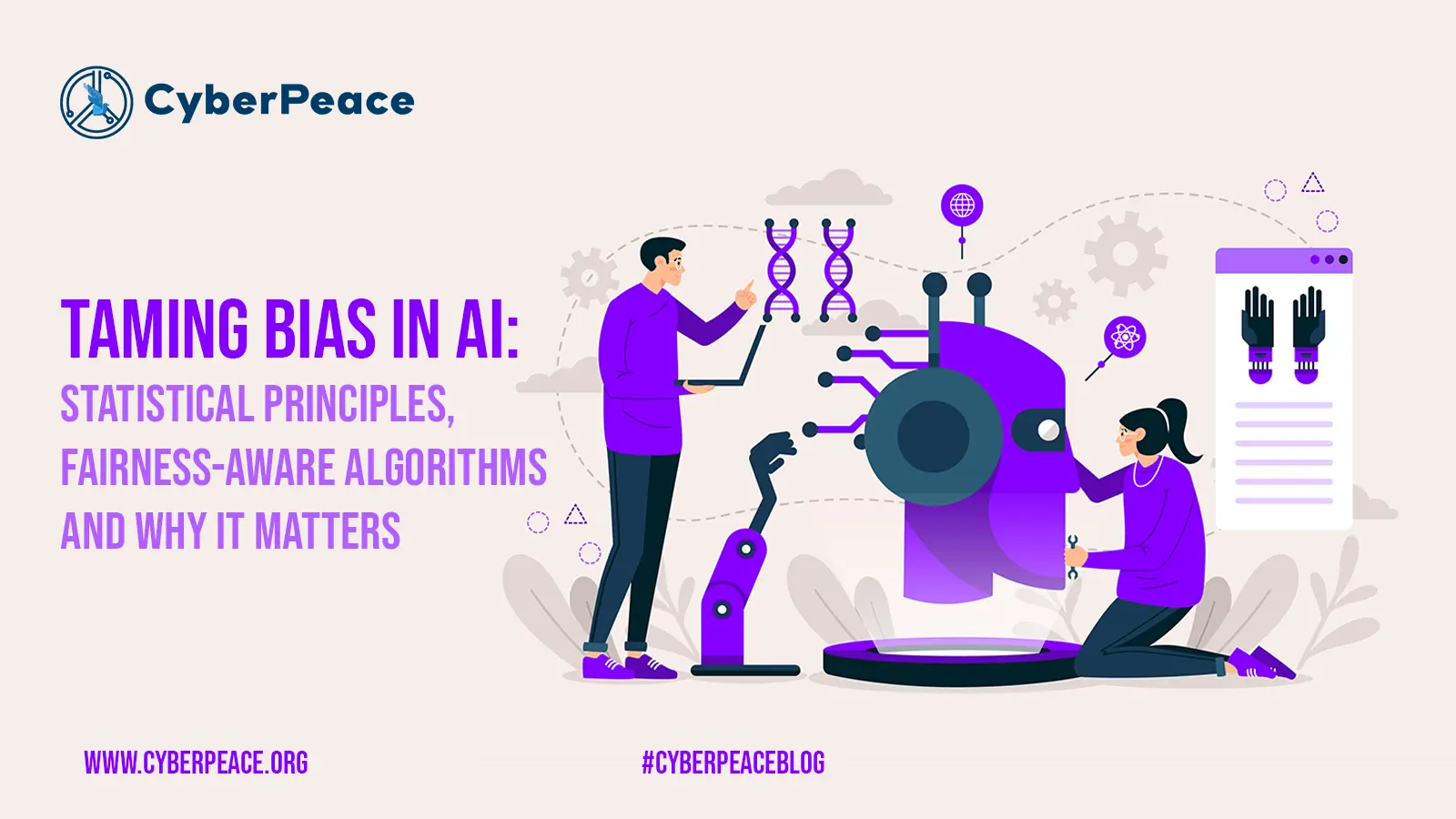Colorado’s Special Session and the Future of Algorithmic Accountability: Lessons for India
Introduction
Earlier this month, lawmakers in Colorado, a U.S. state, were summoned to a special legislative session to rewrite their newly passed Artificial Intelligence (AI) law before it even takes effect. Although the discussion taking place in Denver may seem distant, evolving regulations like this one directly address issues that India will soon encounter as we forge our own course for AI governance.
The Colorado Artificial Intelligence Act
Colorado became the first U.S. state to pass a comprehensive AI accountability law, set to come into force in 2026. It aims to protect people from bias, discrimination, and harm caused by predictive algorithms since AI tools have been known to reproduce societal biases by sidelining women from hiring processes, penalising loan applicants from poor neighbourhoods, or through welfare systems that wrongly deny citizens their benefits. But the law met resistance from tech companies who threatened to pull out form the state, claiming it is too broad in scope in its current form and would stifle innovation. This brings critical questions about AI regulation to the forefront:
- Who should be responsible when AI causes harm? Developers, deployers, or both?
- How should citizens seek justice?
- How can tech companies be incentivised to develop safe technologies?
Colorado’s governor has called a special session to update the law before it kicks in.
What This Means for India
India is on its path towards framing a dedicated AI-specific law or directions, and discussions are underway through the IndiaAI Mission, the proposed Digital India Act, committee set by the Delhi High Court on deepfake and other measures. But the dilemmas Colorado is wrestling with are also relevant here.
- AI uptake is growing in public service delivery in India. Facial recognition systems are expanding in policing, despite accuracy and privacy concerns. Fintech apps using AI-driven credit scoring raise questions of fairness and transparency.
- Accountability is unclear. If an Indian AI-powered health app gives faulty advice, who should be liable- the global developer, the Indian startup deploying it, or the regulator who failed to set safeguards?
- India has more than 1,500 AI startups (NASSCOM), which, like Colorado’s firms, fear that onerous compliance could choke growth. But weak guardrails could undermine public trust in AI altogether.
Lessons for India
India’s Ministry of Electronics and IT ( MEITy) favours a light-touch approach to AI regulation, and exploring and advancing ways for a future-proof guideline. Further, lessons from other global frameworks can guide its way.
- Colorado’s case shows us the necessity of incorporating feedback loops in the policy-making process. India should utilise regulatory sandboxes and open, transparent consultation processes before locking in rigid rules.
- It will also need to explore proportionate obligations, lighter for low-risk applications and stricter for high-risk use cases such as policing, healthcare, or welfare delivery.
- Europe’s AI Act is heavy on compliance, the U.S. federal government leans toward deregulation, and Colorado is somewhere in between. India has the chance to create a middle path, grounded in our democratic and developmental context.
Conclusion
As AI becomes increasingly embedded in hiring, banking, education, and welfare, opportunities for ordinary Indians are being redefined. To shape how this pans out, states like Tamil Nadu and Telangana have taken early steps to frame AI policies. Lessons will emerge from their initiative in addressing AI governance. Policy and regulation will always be contested, but contestations are a part of the process.
The Colorado debate shows us how participative law-making, with room for debate, revision, and iteration, is not a weakness but a necessity. For India’s emerging AI governance landscape, the challenge will be to embrace this process while ensuring that citizen rights and inclusion are balanced well with industry concerns. CyberPeace advocates for responsible AI regulation that balances innovation and accountability.
References
- https://www.cbsnews.com/colorado/news/colorado-lawmakers-look-repeal-replace-controversial-artificial-intelligence-law/
- https://www.naag.org/attorney-general-journal/a-deep-dive-into-colorados-artificial-intelligence-act/
- https://carnegieendowment.org/research/2024/11/indias-advance-on-ai-regulation?lang=en
- https://the-captable.com/2024/12/india-ai-regulation-light-touch/
- https://indiaai.gov.in/article/tamilnadu-s-ai-policy-six-step-tamdef-guidance-framework-and-deepmax-scorecard





